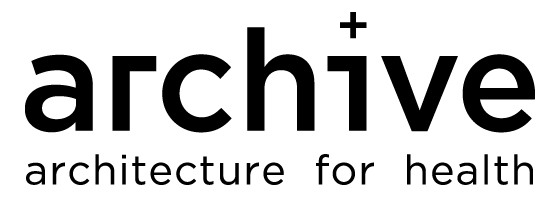
Tuberculosis (TB) is an infectious disease, affecting the lungs. It involves respiratory symptoms that may be affected by environmental factors such as humidity. ARCHIVE is examining the use of charcoal to reduce indoor humidity, leading to a decrease in TB risks. Coal briquette is a porous material and has been found to have absorption properties which make it effective for use as a building material to decrease moisture in homes, especially in humid environments such as the Caribbean, West Africa and South Asia.
Coal is a main source of energy in many parts of the world, but in developing countries it is also used for cooking and as a means of livelihood. In Haiti, the production, sale, and use of coal sustains life and provides energy but at the expense of losing trees to making charcoal. However, alternative uses of coal may greatly improve indoor air quality and humidity control while also delivering sound energy efficiencies.
One such alternative is wood-free briquette that was developed by a group at MIT. It would decrease the use of traditional wood charcoal at the expense of losing trees in places such as Haiti, the process involves burning of organic material such as sugarcane fibers, coconut husks, corn cobs, or grass roots and mixing it with clay soil to form briquettes. This is a cheap, easy, and efficient alternative to traditional wood charcoal used for cooking. These briquettes have a longer burning time, yield higher temperatures, are cheaper, and use organic materials that do not require deforestation.
Another alternative is the use of coal waste (a combination of mixed coal, soil, and rocks) in building materials or concrete. This is an environmentally-friendly alternative because it traps the metals within the concrete without risk of leakage into local water supplies while controlling waste at the same time. Construction companies have developed technologies to convert the byproducts of the coal combustion process, fly ash and bottom ash, into small pellets that are used in place of cement in concrete. It is not only cheaper, but it also increases the quality of the concrete. The use of these concrete blocks could prove invaluable to those living in densely populated communities such as Haiti where overcrowding is rampant and homes are often poorly ventilated, worsening TB conditions.
A study in Japan developed a biodegradable charcoal board made from charcoal powder and superfine natural fibers made from milk cartons and leather straps. The charcoal board could be a potential building material in housing since it was shown to adsorb moisture depending on the humidity of the environment. After use, charcoal boards were shown to biodegrade in the soil. This has other potential benefits since charcoal is alkaline and burying coal in the soil may serve to neutralize acidic soil. This may improve the nutrients in the soil and growth of surrounding vegetation and trees, especially in places such as Haiti where deforestation has become a growing problem and more attempts have been made to replant trees. A biodegradable coal board would serve to improve the cycle of reusing while improving indoor humidity by adsorbing moisture.
Alternatives for coal have the dual benefit of recycling byproducts and improving health, especially in reducing indoor humidity to decrease TB risks. Technologies and alternatives that use byproducts help to contain costs that may otherwise make processes unreachable for the poor. Since the poor often recycle out of necessity, integrating coal byproducts help to facilitate that process and improve health for those in developing countries where resources are scarce.
While promising in its effectiveness to decrease indoor humidity, and therefore the risks of TB, the amount of empirical evidence available is limited and more research is needed to address the effects of coal and coal byproducts on reducing vulnerability to tuberculosis.
Jan King is an ARCHIVE research intern based in Arizona, USA.
All views expressed in this article are those of the author and do not necessarily represent views held by ARCHIVE’s officers, governing or advisory board.
